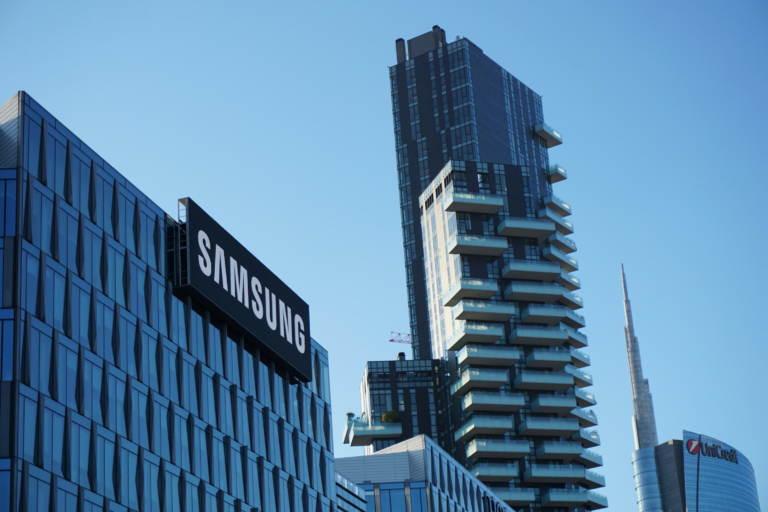Nagasaki on Monday remembered the 76th anniversary of the US atomic bombing of the Japanese city with its chairman asking Japan, the United States, and Russia to do more to kill nuclear weapons.
In a discourse at the Nagasaki Peace Park, Mayor Tomihisa Taue asked Japan’s government to start to lead the pack in creating a without nuclear zone in Northeast Asia instead of remaining under the US nuclear umbrella – a reference to the US guarantee to utilize its nuclear weapons to shield partners without them.
Taue additionally singled out the United States and Russia – which have the greatest arms stockpiles by a long shot – to support nuclear disarmament, as he raised worry that nuclear states have backtracked from disarmament endeavors and are upgrading and scaling down nuclear weapons.
“If it’s not too much trouble, investigate building a nuclear without weapons zone in Northeast Asia that would make a ‘non-nuclear umbrella’ rather than a ‘nuclear umbrella’ and be a stage toward a world liberated from nuclear weapons,” Taue said as he asked Japan’s government to do more to make a move for nuclear disarmament.
At 11:02 am, the second the B-29 aircraft dropped a plutonium bomb, Nagasaki survivors and different members in the function remained in a moment of silence to respect more than 70,000 lives lost.
August 9, 1945, the bombing came three days after the United States made the world’s first atomic assault on Hiroshima, killing 140,000. Japan gave up on Aug. 15, finishing World War II.
The civic chairman additionally called Japan’s government and officials to rapidly sign the 2017 Treaty on the Prohibition of Nuclear Weapons that produced results in January.
Tokyo revokes its belonging, creation, or facilitating of nuclear weapons, yet as a US partner, Japan has 50,000 American soldiers and is ensured by the US nuclear umbrella. The post-WWII security game plan convolutes the push to get Japan to sign the arrangement as it augments its military while moving forward safeguard participation with other nuclear weapons states like Britain and France, to manage dangers from North Korea and China, among others.
Leader Yoshihide Suga said the security climate is extreme and those worldwide perspectives are profoundly separated over nuclear disarmament, and that it is important to eliminate doubt by advancing exchange and structure a common ground for conversation.
Taue likewise required a considerable advancement toward nuclear disarmament made at the following year’s Nuclear Non-Proliferation Treaty meeting, “beginning with more noteworthy strides by the US and Russia to decrease nuclear weapons.”
He requested that Suga’s government move forward and accelerate clinical and government assistance support for the maturing atomic bombing survivors, or hibakusha, whose normal age is presently more than 83 years.
Read More On: https://influencermagazine.uk/








